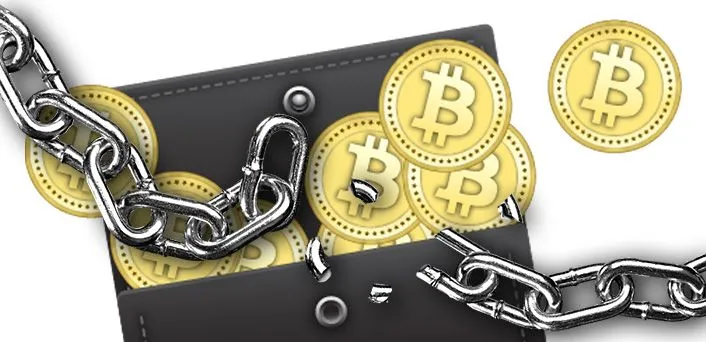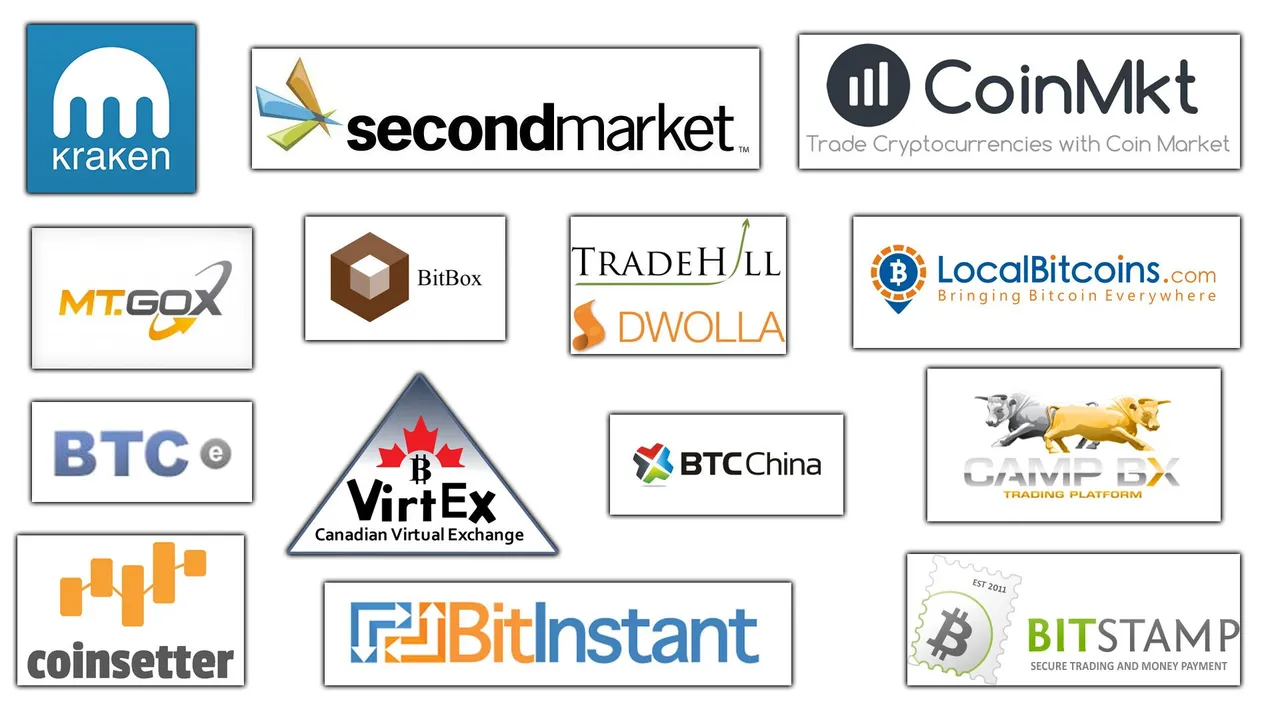
It's a sad truth, but with millions of bitcoin users worldwide, there's billions of dollars of funds at risk right now from government, theft, hackers and general ignorance or confusion of how the various software and websites work.
Even those that think we have our bits together (such as I) are not computer security experts and simple can't know it all when it comes to cryptocurrency.
Where's the one stop shop resource? - Bitcoin.org? - Bitcoin.com? - Reddit r/bitcoin?
Why are there 1,000 cryptocurrencies? - What are the good ones? -
Bitcoin Maximalists vs Altcoin Enthusiasts
Just looking at the basic services in mass use today, there are a ton of problems and holes.

Blockchain is an online based wallet and it alone has 16 and a half Million Wallets. A lot of new bitcoiners are recommended to use blockchain.info's wallet for it's ease of use, accessibility anywhere with internet and it's familiarity and longevity.
As thus, many just create a blockchain wallet, hold their bitcoins in there and call it a day.
Hold up! - "Who controls the private keys?" you may ask.
Very astute question, congratulations. Well technically you and the site do. It is a bit confusing. Old school bitcoiners like to say, either you hold the private keys or you don't and the site does which you should never trust. (Trace Mayer says this all the time).
For blockchain wallets, if it only takes an "identifier" and a passphrase to open the wallet, where are the private keys? To me they're inside and potentially at risk. But, the bigger risk is people who never backup their wallet! - What happens if your email address is compromised, and that's the only place you stored your wallet identifier? Then you can't login. Sure, if you saved your seed phrase you could recover with that. But also, anyone who stores this seed phrase in digital form on a computer anywhere is at incredible risk if they are hacked there goes ALL your bitcoin on that wallet. As far as I know, blockchain.info is the only wallet that uses such a thing as an "identifier" to login.
So, word of advice for blockchain.info users: ALWAYS keep an encrypted backup of private keys and think about keeping most of your bits on a personal software wallet, the original QT classic wallet (now called Bitcoin Core) or a non-syncing wallet like electrum if you simply cannot stand downloading the full 130GB blockchain.

Back in the day (pre-2013) there were multiple operating bitcoin exchanges you could trade with within the US, usually accessible through just a regular anonymous account linked to your email address. In March 2013, that all changed:
"While many, including the FBI, speculated about how FinCEN would treat bitcoin exchanges, the mystery ended in March of 2013. Under the Bank Secrecy Act legislative framework (“BSA”), FinCEN is authorized to regulate banks and “other financial institutions.” FinCEN regulations require that such institutions keep records, file reports, and take other precautions against financial crime, money laundering, and terrorism"
SOURCE
After a number of exchanges and strangling level of regulations including differences between all 50 states for Money Transfer Business (MTB) licenses and KYC laws (Know Your Customer) may exchanges shutdown (and some were subject to "hacks" around the same time as well). Then we became left with this abomination called coinbase.
We used to have a diverse pool of exchanges to choose from. And we could trade all the altcoins on sites like Cryptsy before they gave into regulation as well. Ironically coinbase was targeted for a Class Action lawsuit that it had something to do in Cryptsy's collapse.

Coinbase is not a typical exchange like we used to know. Where you could use Dwolla or some other online money transfer services to send US dollars there, and buy on the open market. They don't even have live trading.
I don't trust coinbase because I feel like they'd be tracking every transaction and store permanently and give it to the government when asked becuase otherwise they would risk being shutdown through the regulations they need to abide by for the path they picked to be a legitimate regulated exchange. So you could lose all your investment or be taxed or penalized if at any time the federal government wants to make bitcoin trading illegal or increase taxes on fiat currency's major competition. It's a threat to the status quo, very much.
I, as well as The Cryptoverse, totally recommend jumping ship from any centralized exchanges. Just use LocalBitcoins for your trades.
Users lucked out just last month when coinbase 'fought back' to keep users information private, but only for users with transactions under $20,000. You big spenders, the IRS has got your information, I guarantee it.
As always, if you find any information wrong, or you just disagree with my opinion, please do leave a comment or a response post, let's have that debate!